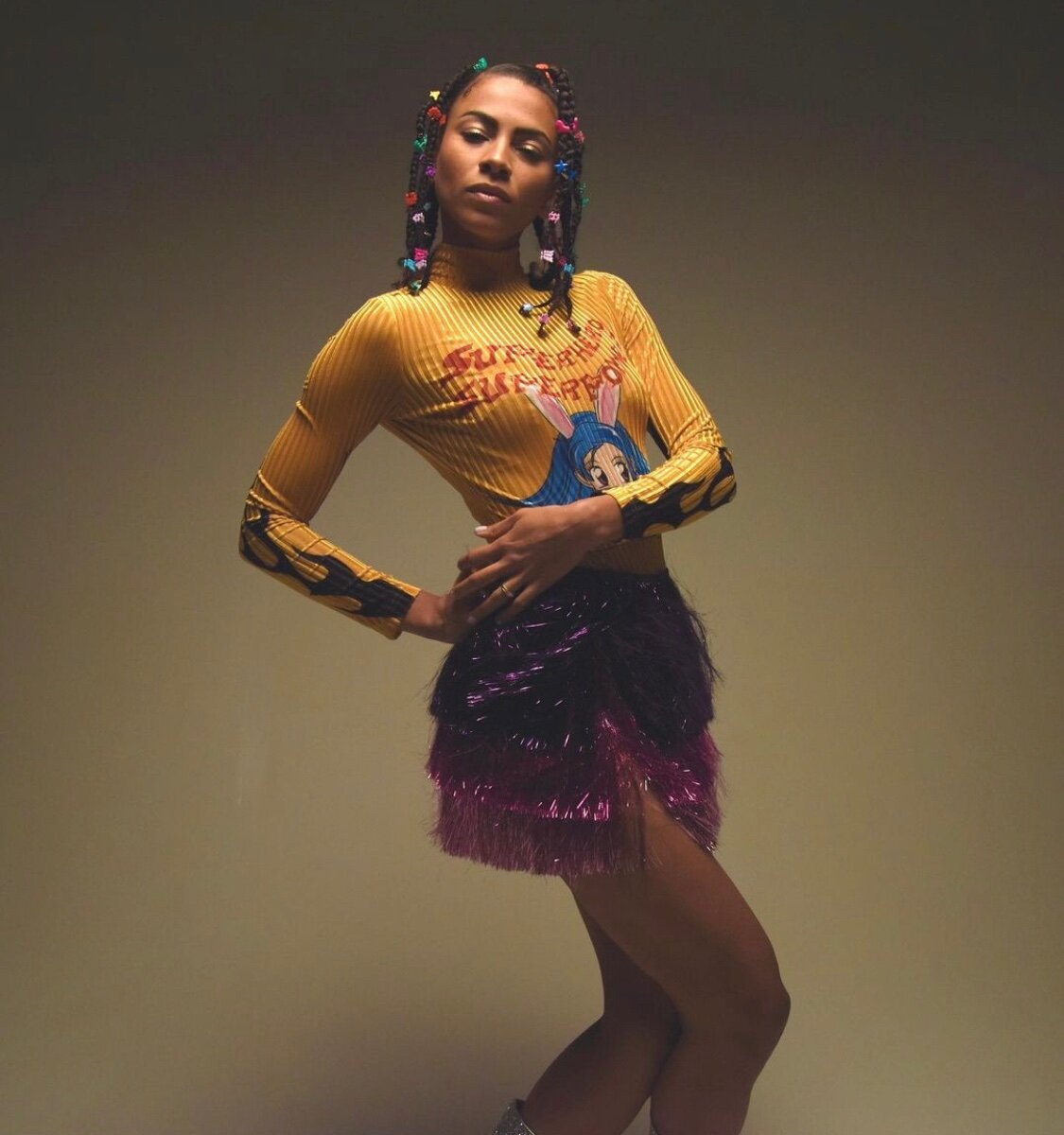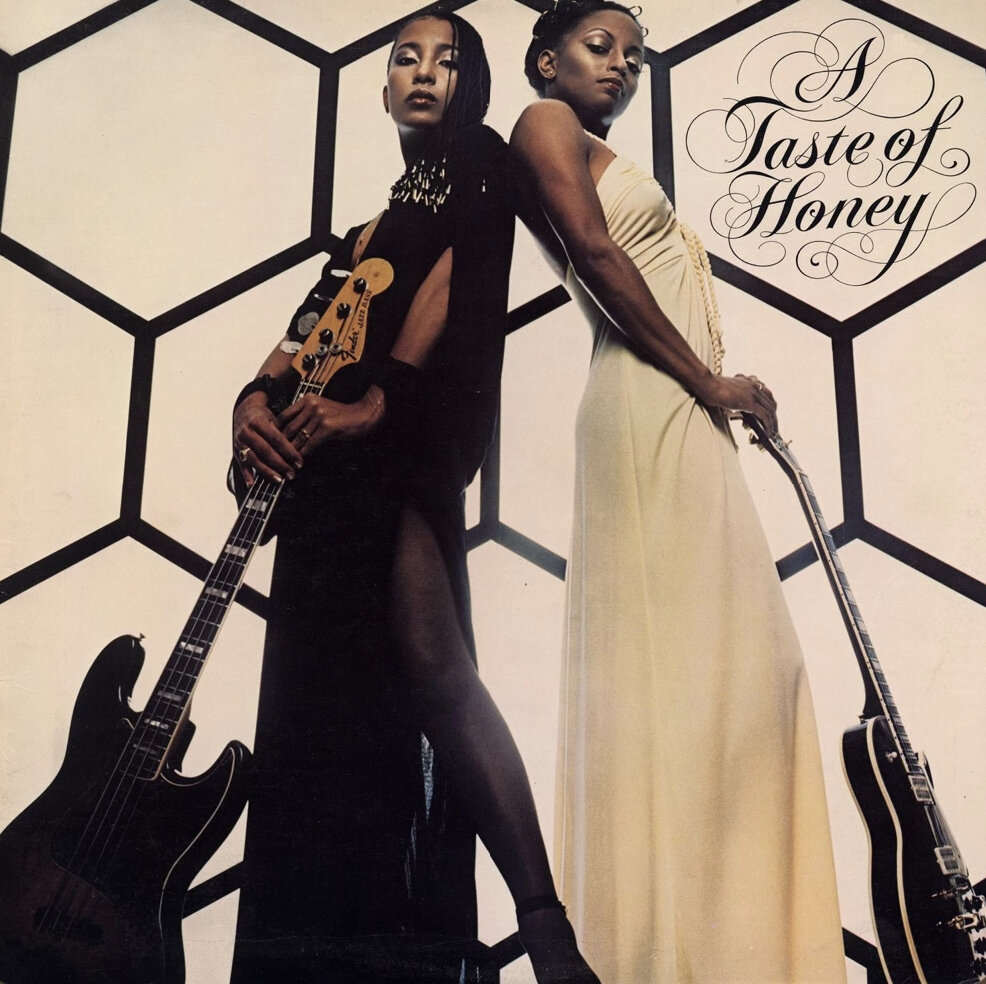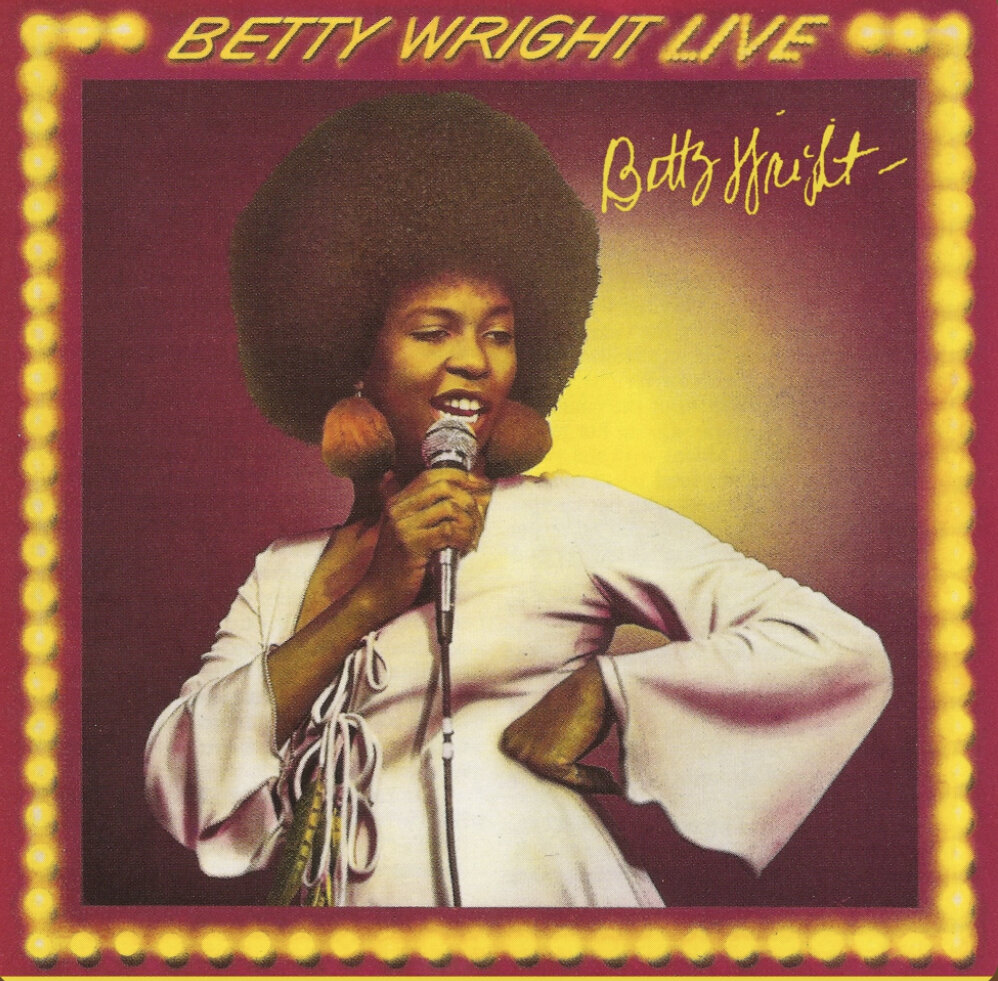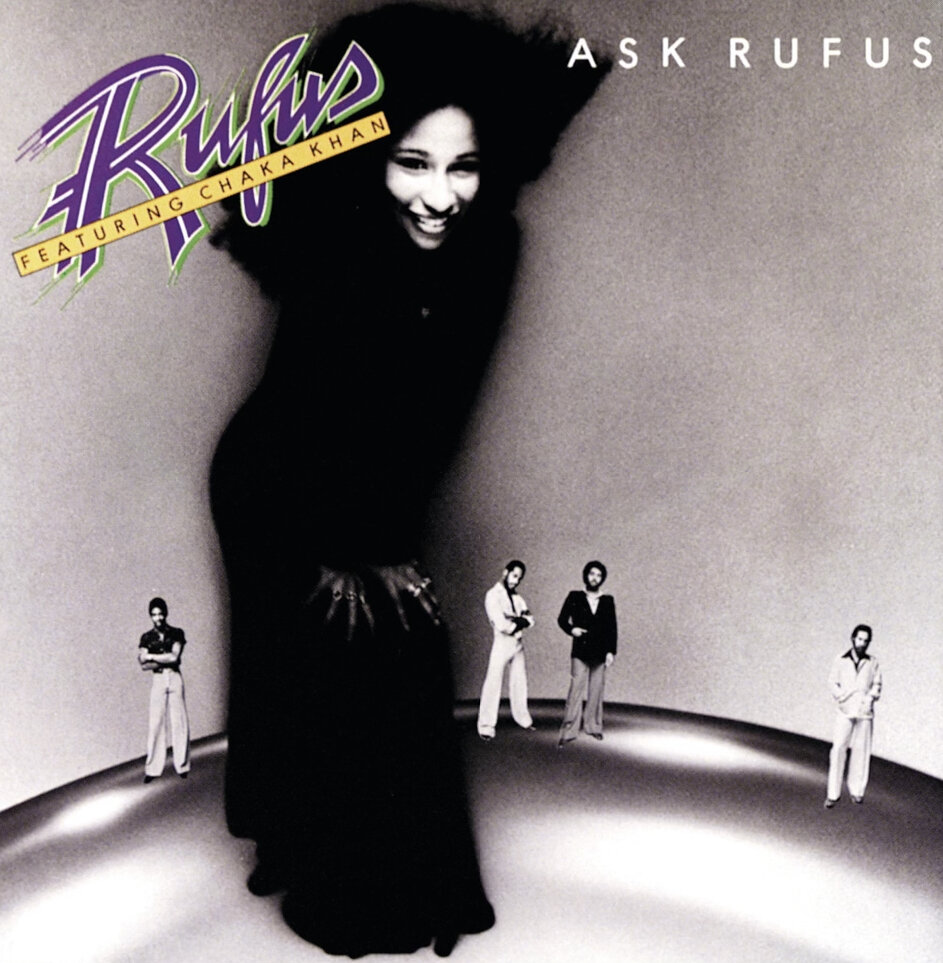Chapter 2: Adeline
December 8, 2020
Illustration by Maalya Adams
There’s something special, poetic even, about the low end of the sonic spectrum. It’s where the foundation of the music is, where harmony is built and rhythm is set. The low end communicates how fast we might dance or shake our hips, where tradition is passed down. A kick drum, bass guitar, tenor saxophone, lower register of a piano, and so on, all do this work. And it’s present in all forms of Black music — spirituals, rock, Hip-Hop, funk. It’s what Q-Tip was trying to convey on The Low End Theory, what the blues is about, what Randy Weston’s lifework was committed to.
As such, in the funk tradition, bassists hold an important role. They are the foundation and bridge between instruments. The instrument can be percussive, rhythmic, or harmonic. But most importantly, it’s about feel and space. Space that allows for possibility and improvisation.
For bassists practicing in the funk tradition, there’s a particular style of playing that immediately sets them apart: “thumpin’ and pluckin’” — the “slap and pop” style popularized by Larry Graham. But ironically, Graham wasn’t trying to do anything special — he was just trying to make the most of the situation he was placed in. The story goes as follows.
When Larry Graham was a teenager, he and his mother formed a musical duo, regularly playing shows together. At the time, Graham was playing electric guitar, his mom played piano, and Graham would play bass lines with a set of organ pedals left at the club they played at. On one [seemingly unfortunate] occasion, those bass pedals from the organ broke, leaving Graham to figure out how to cover the bass lines.
Shortly after, Graham bought a bass guitar, solving one of their problems. But, given he and his mother were a duo, they hadn’t had a drummer for some time. Needless to say, there still was void. To help solve this problem, Graham figured out a new way to play the bass: by “thumpin’” a string with his thumb and “pluckin’” it with his index and middle fingers in succession he could create a kick drum and snare like effect. It was a completely revolutionary development in how the instrument could be played!
Sly Stone heard about Graham and his mother and stopped by the club they were playing at, eventually inviting Graham to join his band. With Sly and the Family Stone, Graham’s unique style was met with open arms. Graham’s playing on the Family Stone’s first five albums quite literally set the pace for what was expected from bass players for decades to come. He also showed how songs could be composed in a way that put the bass at the center of a composition; how the instrument could be a different type of foundation. Take Sly and the Family Stone’s Thank You (Falettinme Be Mice Elf Agin) as an example, Graham’s thumpin’ and pluckin’ is at the center of the song, the drums, guitars, horns, and voices all are complimenting what he’s doing on bass.
Thumpin’ and pluckin’ is to funk what stride piano is to ragtime, what hi-hat triplets on the 808 drum machine is to trap music — it is a singularly expressed technique that is associated with a tradition of Black music. And Graham’s disciples are many, from Bootsy Collins and Louis Johnson to Marcus Miller and Stanley Clarke, and the countless unnamed bassists we may never know, all have Larry Graham to thank ( and his mother + those bass pedals from an organ that broke).
——
In 2020, we can see Larry Graham’s legacy being carried on. In particular, Adeline, a French-Caribbean bassist and singer-songwriter, follows in a tradition that extends from Larry Graham. Through her music, Adeline has applied a style of bass playing and song composition that extends a tradition to the contemporary context, making fresh a familiar sound.
Raised in Paris, Adeline’s music pulls on kaleidoscope of Black music traditions, from funk and zouk, to disco and house. After spending time as the frontwoman for Escort, a disco band based in New York City, and time as bassist for CeeLo, Adeline set out on a solo career.
In the summer of 2020, Adeline released her 7-song EP, Intérimes, a follow up to her debut, self-titled LP. Adeline’s new EP pulls on a broad sonic palette, making her influences clear, and positioning herself as a bridge between time and place. Listening to her new EP, other women that have come before her in the funk tradition immediately come to mind: A Taste of Honey’s bassist and lead vocalist, Janice Johnson, Betty Wright, Erykah Badu, amongst others. And in just 7-songs, Adeline meticulously moves between early-2000s R&B, to late-70s funk and disco — it’s a sonic treat, to say the least.
Conceptually, Intérimes is about time and where time places us. As such, each track alludes to particular time of day and the feelings it might engender. Intérimes opens with Stay Up, a slowly but steadily built funky tune. The backbeat from the drums sets the tone for Adeline’s brooding bass line. And lyrically, Stay Up is reminiscent of the blues - a story about wanting, yearning for someone’s love so deeply that they won’t sleep and are willing to “stay up” all night just to get the chance to be with them.
On the following track, Middle, Adeline channels a sound reminiscent of the late-90s Soulquarians and bassist Pino Palladino — with a type of muted playing that allows the bass to feel like it’s so deep in the song it’s absent, yet ubiquitous. Middle tells the story of being in such a position that you’re almost positionless, to not be able to tell difference between the beginning from the end, to go in circles searching for answers. It’s a contemplative tune in the best of ways.
Similar to Middle, Twilight is presents the complexity of relationship, but in a slightly different way. On Twilight, Adeline’s smooth, slinky-like bass playing, coupled with a hip-hop backbeat on the drums, helps set the stage for a journey inside the narrator’s day. It’s a beautifully written song of juxtaposition - the joy and warmth of a summer day, but feeling cold on the inside; knowing the joy of a moment, but also knowing that the moment won’t last forever.
The beauty in Adeline’s Intérimes — which translates to “interim” or “in the meantime” in english — is her ability to paint portraits of the seemingly mundane. This is most evident on on Just Another Day, where Adeline tells the story of the beauty of simply feeling the sun on her face or watching someone exhale.



By the time we reach After Midnight, we get to see another layer of Adeline — the fiery disco bassist and singer. Listening to After Midnight, Patrice Rushen’s Forget Me Nots and early 80s disco immediately comes to mind. Like Forget Me Nots, After Midnight has an almost mythical quality of a Saturday night on the dance floor at your favorite club, where the bass line is so funky you let all of your cares go and feel set free of whatever it is that holding you.
Adeline closes her EP with a wonderfully interpreted cover of Black Sabbath’s 1970 song Planet Caravan and Si c’est pour jamais (Just Another Day) performed in French. Intérimes is a strong EP, showing the artists influences, as well as her development as a songwriter, composer, and bassist. One can only look forward to what comes next for Adeline, but in the meantime, we have Intérimes to hold us.





